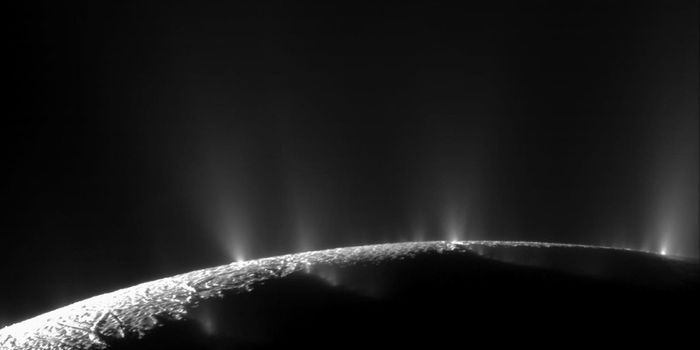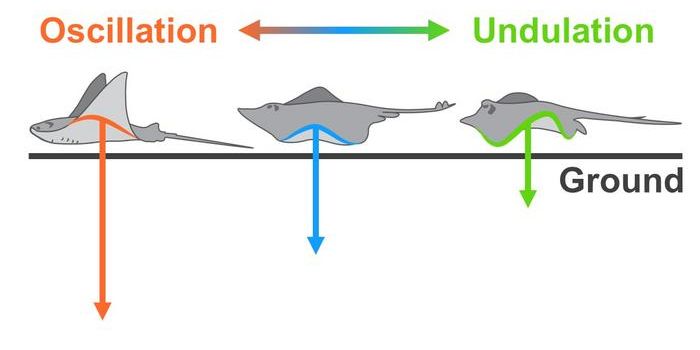2019 Was The Second Warmest Year on Record
Independent analyses from NASA and the National Oceanic and Atmospheric Administration (NOAA) have confirmed that 2019 was the second warmest year on record. Modern recordkeeping began in 1880, and last year’s average global surface temperature came in second to the average temperature of 2016. In continuation with the planet’s warming trend, last year was 1.8 degrees Fahrenheit (0.98 degrees Celsius) warmer than the 1980 to 1951 average mean, according to NASA scientists.
In a news release from NASA, Gavin Schmidt, the director of NASA’s Goddard Institute for Space Studies (GISS), stated, “The decade that just ended is clearly the warmest decade on record. Every decade since the 1960s has clearly been warmer than the one before.” Since the 1880s, the average global surface temperature has risen more than 2 degrees Fahrenheit (slightly more than 1 degree Celsius).
NASA and NOAA also report that the past five years have been the warmest on record within the last 140 years. NOAA also reports that 2019 was the 43rd consecutive year in which global land and ocean temperatures were above the twentieth-century average. Additionally, NOAA reports that the 2019 global average sea surface temperature was the second-highest on record at an average of 1.39 degrees Fahrenheit (0.77 degrees Celsius) above the twentieth-century average.
Scientists from both institutions concluded that increased carbon dioxide and other greenhouse gas emissions from human activities are driving the temperature increases. In the NASA news release, Schmidt emphasizes that this trend is “not a fluke due to some weather phenomenon: we know that the long-term trends are being driven by the increasing levels of greenhouse gases in the atmosphere.”
If your region didn’t seem to experience record-setting temperatures, regional weather dynamics are to blame. According to NASA, not every area on Earth experienced similar amounts of warming due to the impact of weather dynamics on regional temperatures. For example, the lower 48 states experienced their 34th warmest year on record or a “warmer than average year,” according to NOAA’s research. In contrast, the Arctic region is warming at a rate three times faster than the rest of the world. NOAA reports that while areas such as Alaska, southern Africa, central Europe, and Australia experienced their warmest year on record, no areas experienced their coldest year.









